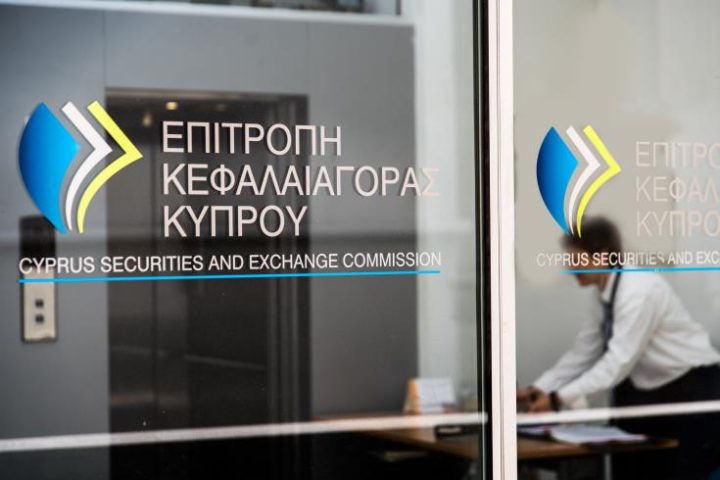Since last year when the new directors of CySEC took office, there has been no pause from foreign and domestic entities to receive a licence to offer financial services through Cyprus’ jurisdiction across European and global markets.
Lucrative market opportunities and the island’s technological and social progress are the main reasons for getting so much attention.
But not all applicants have been successful, and the screening is becoming more thorough and sophisticated.
Officials at CySec want to ensure the market remains robust, healthy, and resilient.
Strong and adaptable regulation has always been a requirement for every dynamic market, and Europe, through regulator ESMA, is driving the race to attract investment and growth through its vast regulatory powers.
But national regulators bear the responsibility of implementing the rules and sometimes come up with their own to ensure market integrity.
Supervision in a market that is increasingly driven by technological advancements and trillions in transaction volume is becoming a task so challenging that even regulators are required to think out of the box.
“Aggressive marketing behaviour or the provision of misleading information to investors, including other abusive practices, are not tolerated.
“Those who seek to break the law have no place in Cyprus,” Cysec’s chair told a group of financial executives during an online workshop.
George Theocharides made it no secret that CySEC is taking supervision very seriously and revealed that the agency has recently acquired and deployed a new supervisory system.
“It analyses and monitors Cyprus investment firms’ online marketing materials and social media activities.
“It can detect all related mentions from any source globally, including social media, news sites, blogs, forums and ad networks.
“Other new procedures and methodologies are underway, which will enhance our ability to oversee the compliance of regulated entities with regulations such as EMIR, MIFIR and SFTR by automatically detecting potential risks and irregularities at an early stage.”
Despite the growth of the financial sector in Cyprus in the last decade, CySEC has managed to keep a good track record when it comes to compliance, although some bad apples do appear from time to time.
Only last month, CySec took unprecedented steps to punish Maxigrid Ltd, an investment firm violating securities laws.
CySEC withdrew the firm’s authorisation, fined its top executives more than €200,000 and banned some of them from the market for 2-5 years.
However, it is unlikely that even after this period is passed, any of the banned executives could easily get approval to serve in other European financial firms.
Non-executive directors were spared any fines.
However, the attorney general of Cyprus is currently looking at the case.
No criminal charges have been filed as the investigation is still in progress.
But the company’s fate has been sealed by its own management’s actions, and CySEC is sending a loud and clear message that no such behaviour will be tolerated.
Theocharides also told CIF executives that “trading in CFDs must take immediate action to improve their practices, or they shall face enforcement action”.
Most CIFs offer cross-border services, and strengthening investor protection is a priority that every regulated entity is expected to embrace or risk facing painful consequences.
“Where repeated weaknesses and a failure to implement remedial measures is detected, CySEC will impose significantly higher fines or proceed with suspending or revoking the respective CIF licence.”
CySEC is looking at ways to raise the bar in licensing and potentially take measures that will lead to market consolidation to create a more robust compliance function that small or medium companies don’t want to invest too much in.
After all, by keeping the market free from bad practices, CySEC offers the best service to the market. And that is a good reputation.









